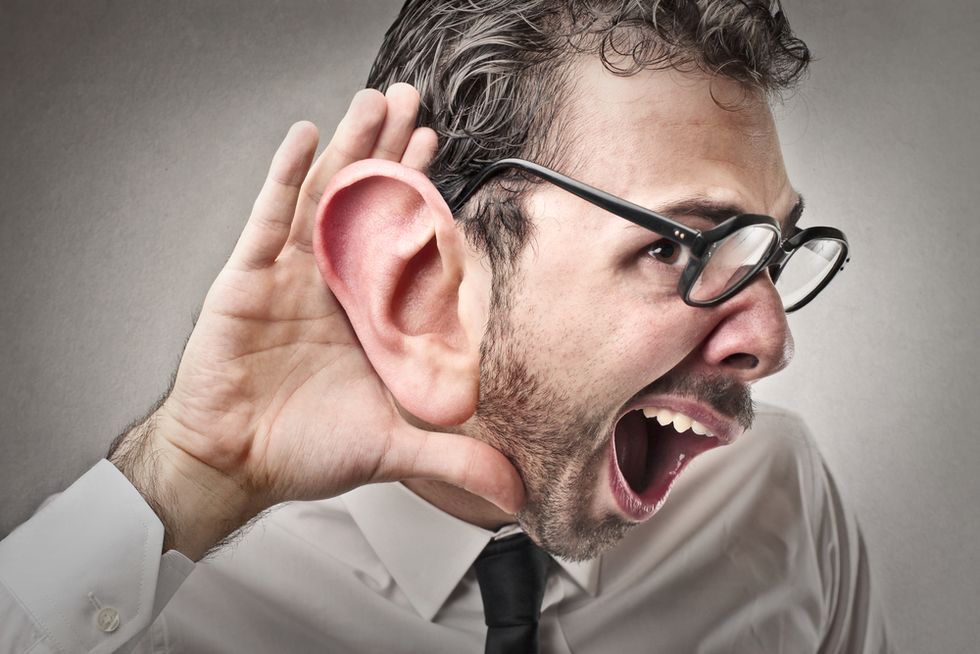
Noise at work can become a particular health and safety issue if it occurs frequently and at loud volumes. Chronic hearing conditions like tinnitus can develop over time, leaving you with permanent ringing in your ears, with sudden loud bursts of noise having the potential to damage hearing immediately. This could have wider health and social implications, particularly if you are no longer able to work as a result of hearing loss. You spend a large portion of your life dedicated to your career, so it’s important that you take the necessary steps to ensure your continued hearing health while in the office, on-site or out on the road.
Dangerous Noise
Twenty percent of European workers across all industries are exposed to noise so loud that they need to raise their voice to talk to other people for at least half their working time, according to the European Agency for Safety and Health at Work. Eighty-five decibels (dB) is considered to be the threshold between safe and dangerous noise, with sound pressure effectively doubling at 6dB intervals. As a general rule, if you have to raise your voice from two meters then noise will typically be above 85dB; if you have to raise your voice from one meter then the noise is typically louder than 90dB. To put this in further context, the average alarm clock has a sound rating of 80db, with an MP3 player on full volume being around 115dB. The maximum exposure time for an average noise level of 85db is eight hours, with the exposure time then halving every successive three dBs. That means that you can spend a maximum of 15 minutes per 24 hours at sound ratings of 100dB, and only 56 seconds at 112 dB. Any sound of 140dB is likely to cause immediate hearing damage.Occupations At Risk
The level of noise in the workplace is largely dependent on your job role, with industrial and construction workers the most at risk, although hospitality staff, agricultural workers and airport staff are also vulnerable to hearing damage:| Occupation | dB |
Nursery workers | 85dB |
Bottle plant worker | 88db |
Bar Staff and nightclub workers | 89-115db |
Motorcycle courier | 90db |
Waiters | 102db |
Factory and farm workers | 105dB |
Musician | 110dB |
| Construction workers | 120dB |
Airport ground staff | 140db |
The Law
Employers therefore have a legal duty to reduce noise exposure if it rises above dangerous levels, ensuring that noisy equipment is maintained and appropriate protective equipment is provided. However, don’t just rely on your employer to look after you, make sure you take steps to safeguard your own hearing.Looking After Your Hearing At Work
If you are concerned that noise in your workplace is loud, ask your employer to perform a risk assessment, they are legally obliged to do so if noise is regarded as intrusive. However, the following tips will help you to reduce your hearing risk at work:- If you work in noisy areas, take regular breaks, making sure that you retire somewhere quiet.
- Approach your employer and ask if you can rotate working positions with other members of staff, this way you won’t be working on noisy tasks continuously.
- If you spend long periods of time in noisy areas, or work with noisy equipment, earplugs should be worn. Industrial earplugs, which reduce sound ratings by up to 35dB, can be found at Allearplugs.com.
- Make sure you keep your earplugs safe, ready for each shift; they should be worn all the time, no excuses.









